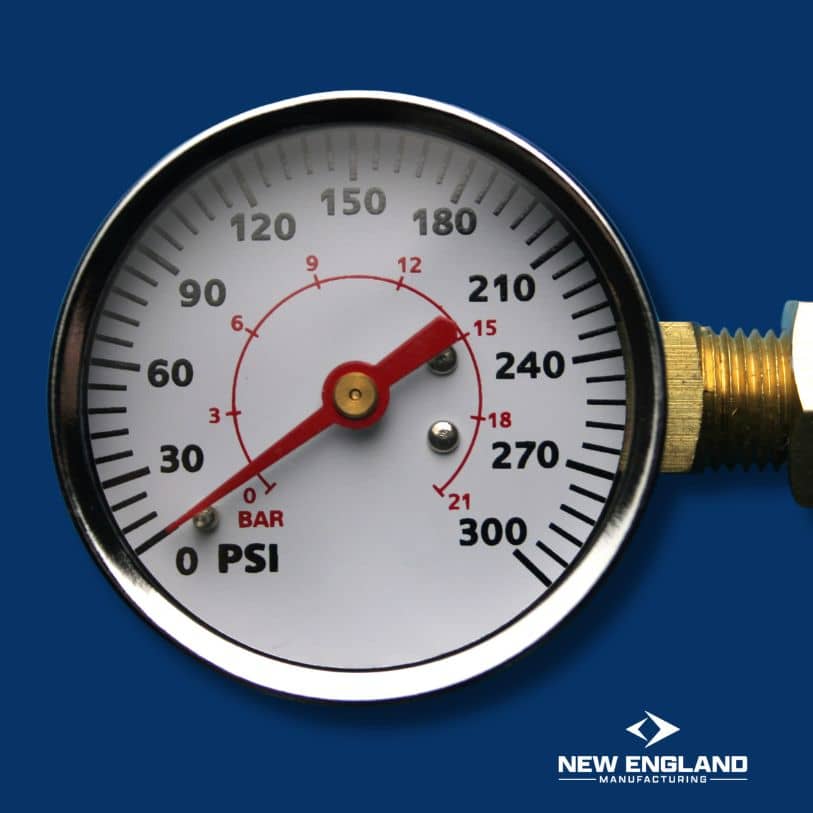Maximizing Accuracy with Hydraulic Flow Meter Testers
In fluid dynamics, ensuring the accuracy of flow measurements is not just important—it’s crucial. This is where hydraulic flow meter testers step into the limelight, serving as the unsung heroes that guarantee the precise monitoring of fluid flow. Whether it’s in water treatment facilities, oil refineries, or chemical plants, these devices play a pivotal role in maintaining the efficiency and safety of operations. Today, let’s dive into the world of hydraulic flow meter testers and explore how they ensure accuracy in fluid dynamics.
Understanding Hydraulic Flow Meter Testers
First off, what exactly are hydraulic flow meter testers? In simple terms, they are sophisticated instruments designed to test and calibrate hydraulic flow meters. These meters measure the volume or mass of a fluid moving through a pipe. The tester ensures that these measurements are accurate, which is essential for process control, billing purposes, and regulatory compliance.
Moreover, hydraulic flow meter testers come in various types to suit different measurement techniques and fluids. This adaptability ensures that regardless of the application, a tester is available to meet a project’s specific needs.
The Importance of Precision
Now, let’s talk about why precision is so important. Inaccurate flow measurements can lead to significant problems, including financial losses, safety hazards, and environmental impacts. For instance, in the water treatment industry, an inaccurate flow measurement could result in the improper treatment of wastewater, leading to environmental pollution. Therefore, the role of a hydraulic flow meter tester in maintaining accuracy cannot be overstated.
Types of Hydraulic Flow Meter Testers
Transitioning smoothly, it’s worth noting that hydraulic flow meter testers are not one-size-fits-all. They are specifically designed to cater to different types of flow meters, such as turbine, ultrasonic, and electromagnetic meters. Every kind of tester has its own set of features that make it suitable for the flow meter it’s intended to test. This specialization ensures the calibration and testing process is as accurate and efficient as possible.
The Calibration Process
The calibration process is where the hydraulic flow meter tester truly shines. This process involves comparing the flow meter readings being tested against the known values provided by the tester. If discrepancies are found, adjustments are made to the flow meter to align its readings with the accurate values. This ensures that the flow meter will provide precise measurements in its operational setting.
Furthermore, the calibration process is not a one-time event. Regular calibration is necessary to ensure the long-term accuracy of flow meters, as wear and tear and changes in the fluid being measured can affect their performance.
Challenges and Solutions
Without acknowledging the challenges of using hydraulic flow meter testers, no discussion would be complete. These can include environmental factors, such as temperature and pressure variations, that may impact the tester’s accuracy. However, technological advancements have led to the development more robust and versatile testers that can withstand these challenges, ensuring reliable calibration under a wide range of conditions.
The Future of Hydraulic Flow Meter Testing
Looking ahead, the future of hydraulic flow meter testing is bright. With the continuous technological advancement, we can expect to see even more accurate and user-friendly testers. Additionally, integrating digital technology and data analytics offers the potential for remote monitoring and calibration, further enhancing the efficiency and effectiveness of flow meter testing.
Advancements in Testing Technology
The evolution of testing technology is a testament to the importance of accuracy in flow measurement. Modern hydraulic flow meter testers are equipped with digital interfaces, allowing for more straightforward interpretation of results and integration with computer systems for automated calibration routines. The use of wireless technology and IoT (Internet of Things) enables real-time monitoring and remote calibration, enhancing the flexibility and efficiency of maintenance procedures.
The Vital Role of Hydraulic Flow Meter Testers
In conclusion, hydraulic flow meter testers are indispensable tools in the field of fluid dynamics. They ensure the accuracy and reliability of flow measurements, which is essential for operational efficiency, safety, and environmental protection. Through regular calibration and the use of suitable testers, industries can maintain the precision of their flow meters, thereby safeguarding their processes and outputs.
As technology continues to evolve, the capabilities of these testers will only improve, offering even greater accuracy and convenience. Ultimately, the role of hydraulic flow meter testers in ensuring the precision of fluid dynamics cannot be understated. They are the cornerstone of accuracy in a field where precision is paramount.
Read More:

Mark R.
With a strong foundation in industrial safety and fire protection systems, Mark R. specializes in creating clear, technical, and compliance-driven content. Writing for SafeTech Reports, he covers topics such as fire hydrant testing, PPE protocols, emergency procedures, and smart technology integration in safety systems. His work ensures that professionals stay informed on the latest regulations, best practices, and emerging trends in safety and infrastructure maintenance.
Get in touch
We usually respond within 24 hours
Need Reliable Water Flow Test Equipment?
For over 70 years, New England Manufacturing has been the trusted source for fire hydrant and water flow testing kits. From pitot gauge kits to custom test kits, we provide precision, durability, and expert calibration to meet your needs.
- Custom-built test kits
- High-quality pressure gauges
- Reliable calibration services


